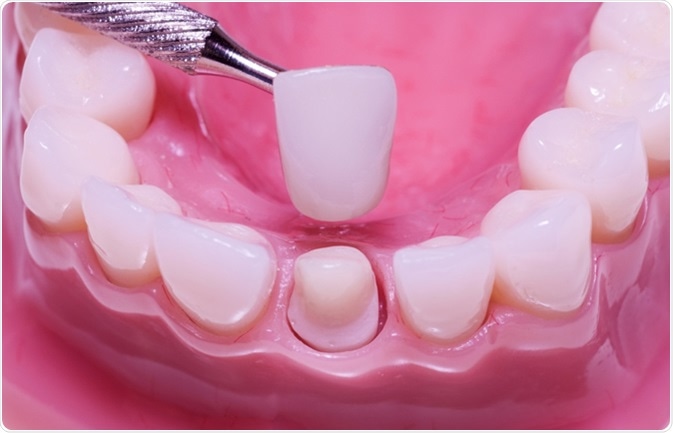Why Might A Dentist Recommend The Placement of A Temporary Crown?
Dental crowns are an integral part of restorative dentistry, offering invaluable support and protection to damaged or weakened teeth. Yet, there are instances where a dentist might advocate for the placement of a temporary crown, a crucial step in ensuring optimal dental health and treatment success.
Understanding the Purpose of Temporary Crowns
Temporary crowns serve as interim placeholders between the preparation of the tooth and the placement of the final, permanent crown. These crowns are typically made from acrylic or stainless steel and offer a multitude of benefits in the dental restoration process.

Protection and Preservation
One primary reason why a dentist might recommend a temporary crown is to safeguard a prepared tooth from potential damage or sensitivity before the permanent crown is ready. These interim crowns shield the tooth structure, preventing bacterial invasion and reducing the risk of further decay or fracture.
Time for Customization
Crafting a permanent crown tailored to a patient's unique dental anatomy and needs takes time. While the dental laboratory meticulously fabricates the final crown, a temporary crown ensures that the tooth remains protected and functional. It allows the dentist and the dental technician the necessary time to create a precise, customized permanent crown.
Healing and Adaptation
In cases where a tooth has undergone significant dental work, such as root canal therapy or extensive restoration, a temporary dental crown aids in the healing process. It provides the surrounding gum tissue time to heal and adapt to the changes in tooth structure, ensuring a more comfortable fit for the final crown.
Testing and Adjustment
Temporary crowns also serve as a trial period for patients. They offer an opportunity to assess factors such as bite alignment, comfort, and aesthetics. Any necessary adjustments can be made based on the patient's feedback before the permanent crown is placed, ensuring a better final outcome.

Situational Requirements
In some scenarios, a temporary crown might be recommended due to specific situational requirements. For instance, if a patient is awaiting the fabrication of a specialized material for their permanent crown, a temporary crown provides interim support and functionality.
Conclusion:
Temporary crowns play a pivotal role in the dental restoration process, ensuring the success and longevity of permanent crowns. Dentists advocate for their placement to protect prepared teeth, facilitate healing, and allow for customization and adjustments before the final crown's placement.
Patients should understand the significance of temporary crowns as an essential step towards optimal dental health. Compliance with their dentist's recommendation for temporary crown placement contributes significantly to successful restorative treatments, preserving the integrity and functionality of their teeth for years to come.
Comments
Post a Comment